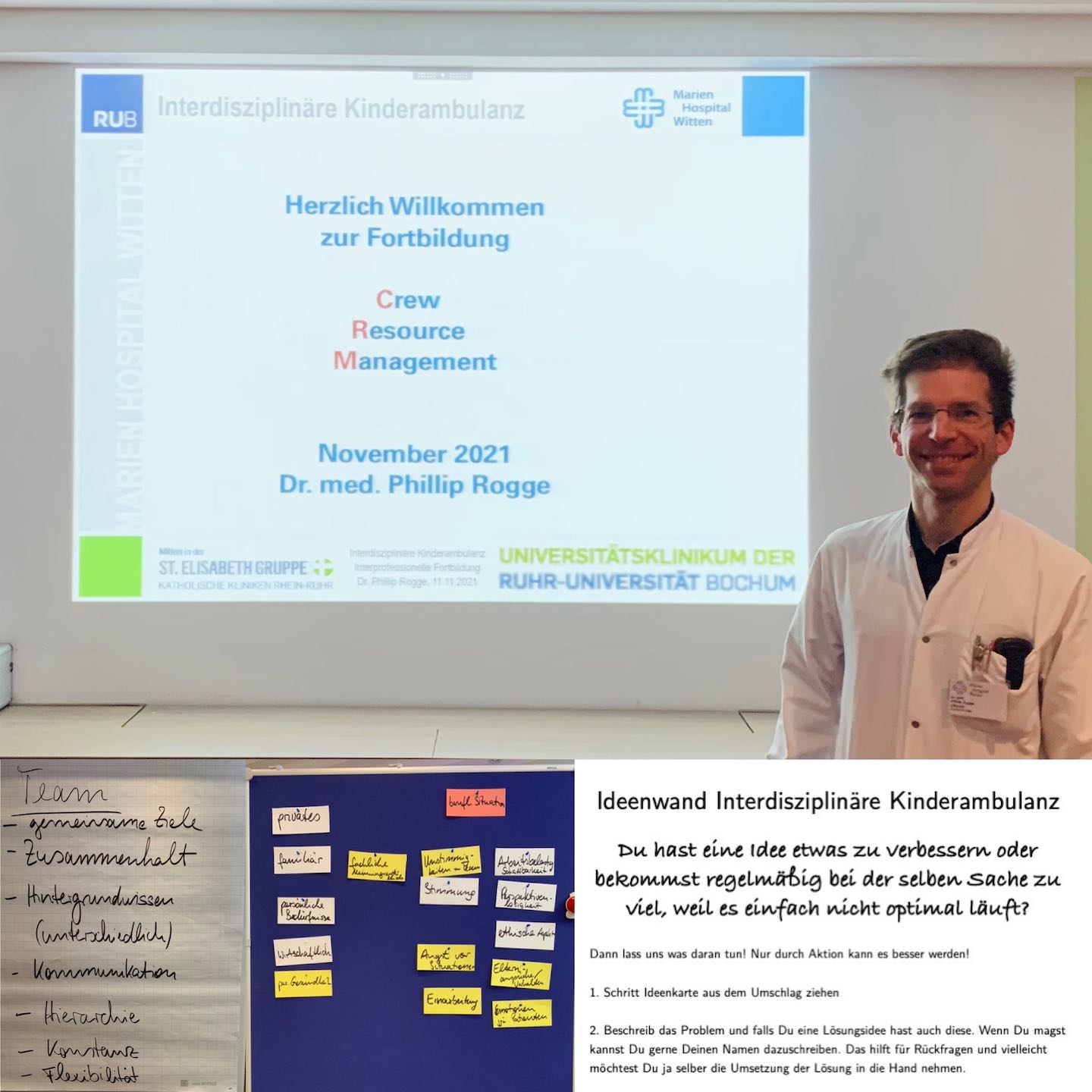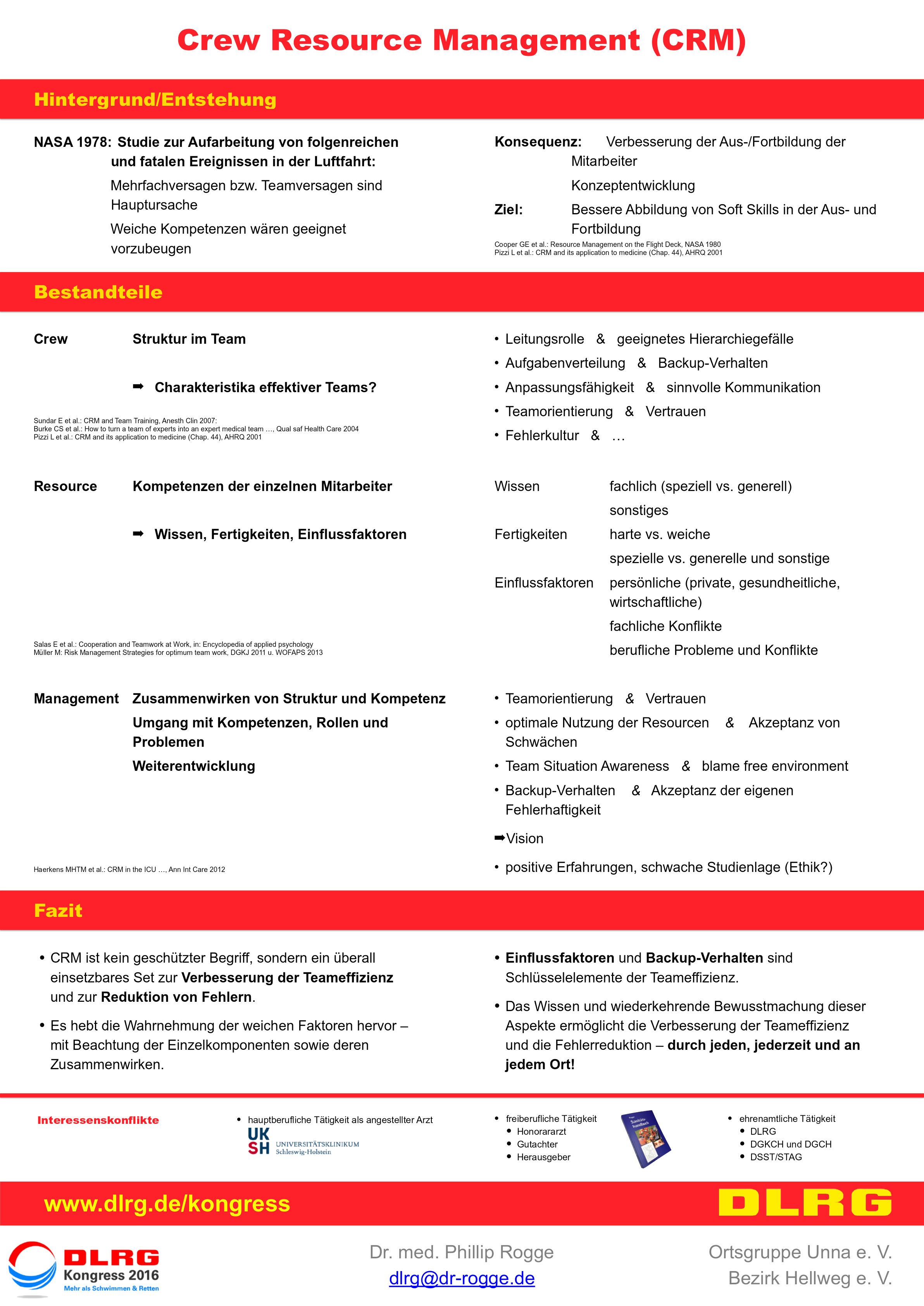Crew Resource Management (CRM)
Basic Information
The American National Aeronautics and Space Administration (NASA) was commissioned by the US government in the 1970s to investigate numerous aviation accidents. The main question was whether there were systemic problems and what measures could be taken. The result was clear: social skills are the main point of attack. Not the introduction of technical aids or more autopilots, but the continuation of the pilot-copilot system with improved training of "soft skills" has the greatest potential to reduce the number of aviation accidents and thus injuries and fatalities.
The developed concept for improving social skills, including reduced but existing hierarchy, was established by NASA as "Crew Resource Management" and quickly gained international influence. It wasn't until decades later that the messages were understood and it was incorporated into training.
Often, it is broken down to checklists and individual theses (e.g. "know your environment"), which I find very sad. Of course, these theses are all correct and actually clear to everyone. They obscure, however, the view of the overall concept. It is important to understand the message of CRM and to grasp it. Key factors are the understanding of hierarchy, the culture of errors, and team performance.
Our Expertise
Dr. Rogge has been dealing with Crew Resource Management and adapting it to the medical and voluntary sectors since around 2006. He has established corresponding training programs in the DLRG Landesverband Westfalen e. V. as well as in the medical and nursing sectors and has given numerous lectures, including at the Chirurgenkongress 2015, the DLRG-Kongress 2016, and the Jahrestagung des Aktionsbündnisses Patientensicherheit (APS) 2017.
Our Offer
Are you interested? From the concise Spotlight of CRM in 20 minutes to 90-minute training sessions with a focus on team motivation to more comprehensive in-depth training or consultations on implementation, Dr. Rogge looks forward to your invitation!

